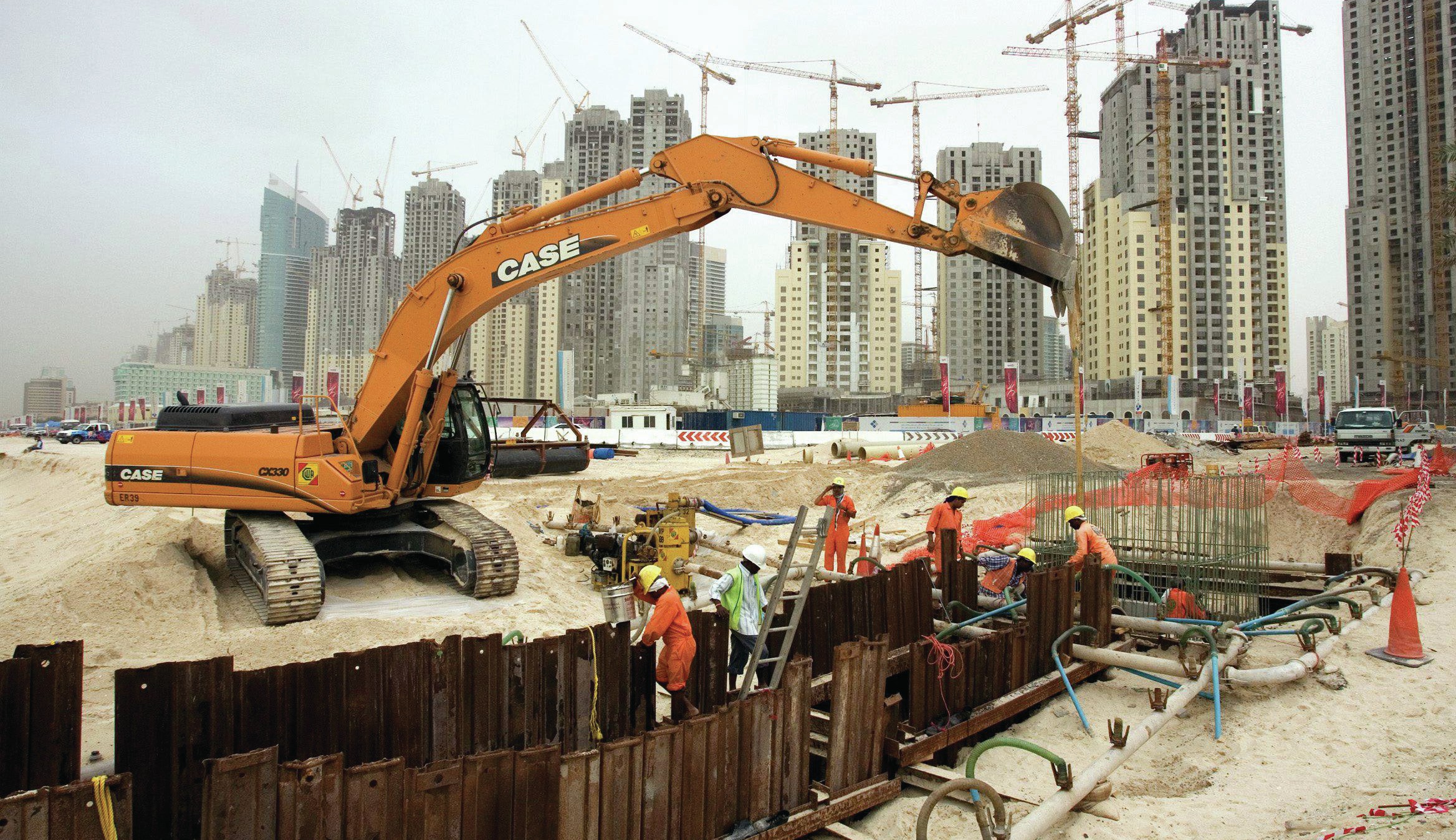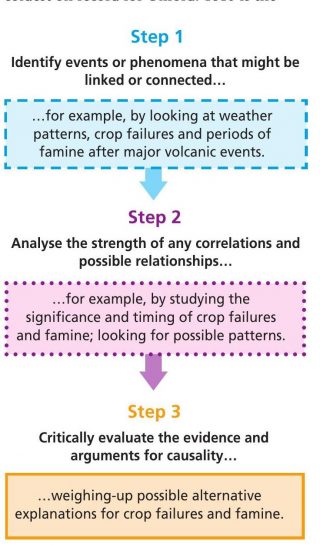
According to the United Nations, more than 215 million people live outside their countries of birth. In the coming decades, forces such as globalisation, climate change and growing life expectancy will increase migration pressures both within countries and across borders. One of the benefits of migration is remittances — money sent home by migrants.
Remittances sent home to their families in poorer countries by overseas migrants are three times the size of official development assistance (ODA, Figure 1) and are a lifeline for poor people. Despite the current global economic weakness, remittance flows are expected to continue growing. They have nearly quadrupled since 2000.
Your organisation does not have access to this article.
Sign up today to give your students the edge they need to achieve their best grades with subject expertise
Subscribe




